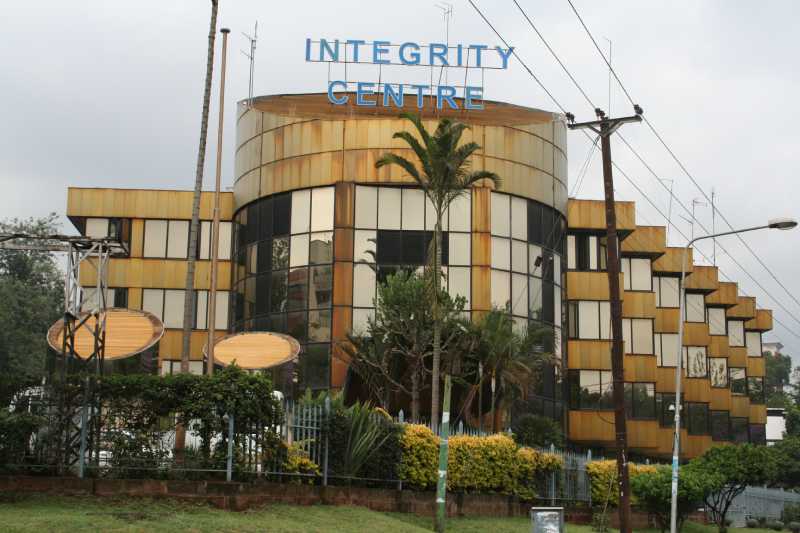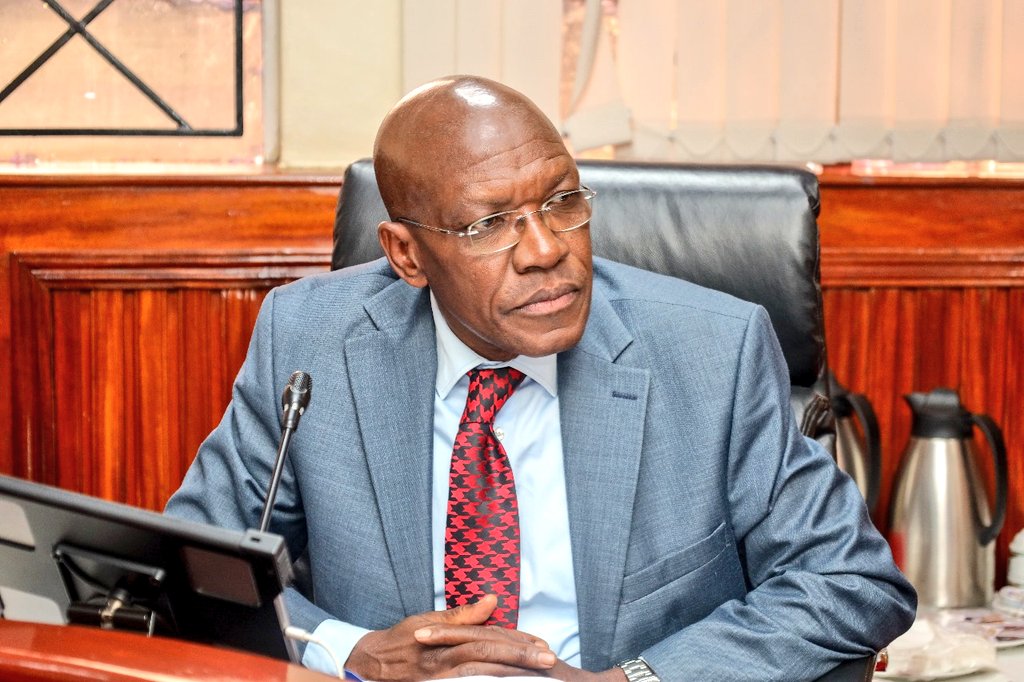New Bill on corruption fight rattles EACC bosses

In his submissions, EACC chief executive officer Twalib Mbarak said the commission considered the proposed amendment and opposed the Bill on various grounds.
A new Bill seeking to amend sections of laws on the corruption fight in the country could see major changes in the Ethics and Anti-Corruption Commission (EACC) come into effect.
The Bill that seeks to amend the qualifications for the appointment of the chairperson of the Commission suggests that the holder of that office should have qualifications similar to that of the judge.
More To Read
- EACC traces Sh22.9 billion, recovers Sh3.4 billion in fight against corruption
- Illegally grabbed Mombasa land to host affordable housing units after EACC recovery
- Only 12 of 58 EACC corruption cases cleared for prosecution by DPP over three-month period
- Outgoing NCIC faces scrutiny over last-minute recruitment of 22 staff
- Anti-Counterfeit Authority chair charged with soliciting Sh5 million bribe to shield businessman
- Public officers face Sh4 million fine or 10-year jail term for missing asset declarations
"Under the amendment, the Chairperson of the Commission is proposed to be a person qualified for appointment as judge of the High Court," reads part of the Bill.
The Bill, likely to receive overwhelming support from lawmakers, is co-sponsored by the Leader of the Majority Party and the Leader of the Minority Party.
It was published on March 4, 2024, and read for the first time in the House on June 25, 2024. It was thereafter committed to the committee in line with the House standing orders.
According to Justice and Legal Affairs Committee Chairperson George Muraguri, the Bill seeks to give effect to some of the recommendations and views submitted to the National Dialogue Committee (NADCO) that came with a bipartisan report.
"The Bill seeks to give effect to some of the recommendations and views of the public as submitted to the NADCO on the issues of Electoral Justice and Related Matters, Outstanding Constitutional Matters..." notes Muraguri.
However, EACC has opposed the proposal to change the qualifications one needs to be chairperson of the anti-graft agency
During their submissions to the Departmental Committee on Justice and Legal Affairs, EACC said it opposes the proposed Ethics and Anti-Corruption Commission (Amendment) Bill, 2024.
Under the current provision, the EACC Act 2011 states that "a person shall be qualified for appointment as chairperson if that person meets the requirements of Chapter Six of the Constitution, holds a degree from a university recognised in Kenya, has knowledge and experience of not less than 15 years in ethics and governance, law or public administration.
In his submissions, EACC chief executive officer Twalib Mbarak said the commission considered the proposed amendment and opposed the Bill on various grounds.
He said EACC has a fully established Directorate of Legal Services with some of its officers holding qualifications of a judge of a superior court.
"The functions of the directorate include reviewing evidence in the course of investigations to ascertain it meets the legal threshold and advising the commission on any legal issue before it. Restricting the role of the legal profession may limit diversity in the leadership of the commission. Excluding candidates from other professions or backgrounds could result in a lack of diverse competencies and expertise," Mbarak said.
He added that candidates from non-legal backgrounds may bring fresh ideas, innovative approaches and diverse skill sets to the role of chairperson.
"Based on our experience, there is no added advantage of having a lawyer over the other professions."
He added that the terms of service for the EACC chairperson are on a part-time basis with functions related to strategy and policy and not operational to warrant a legal mind.
Top Stories Today












































